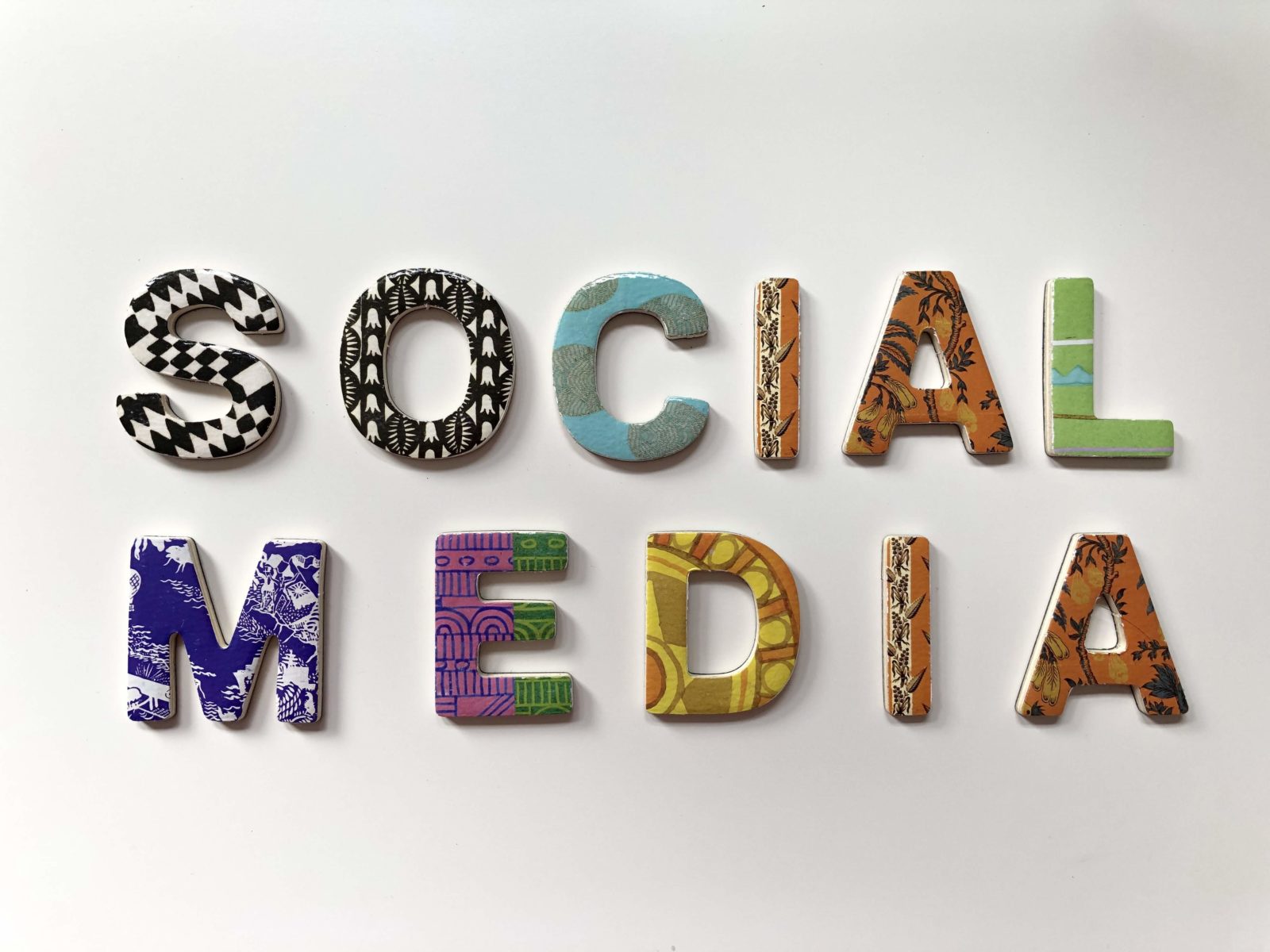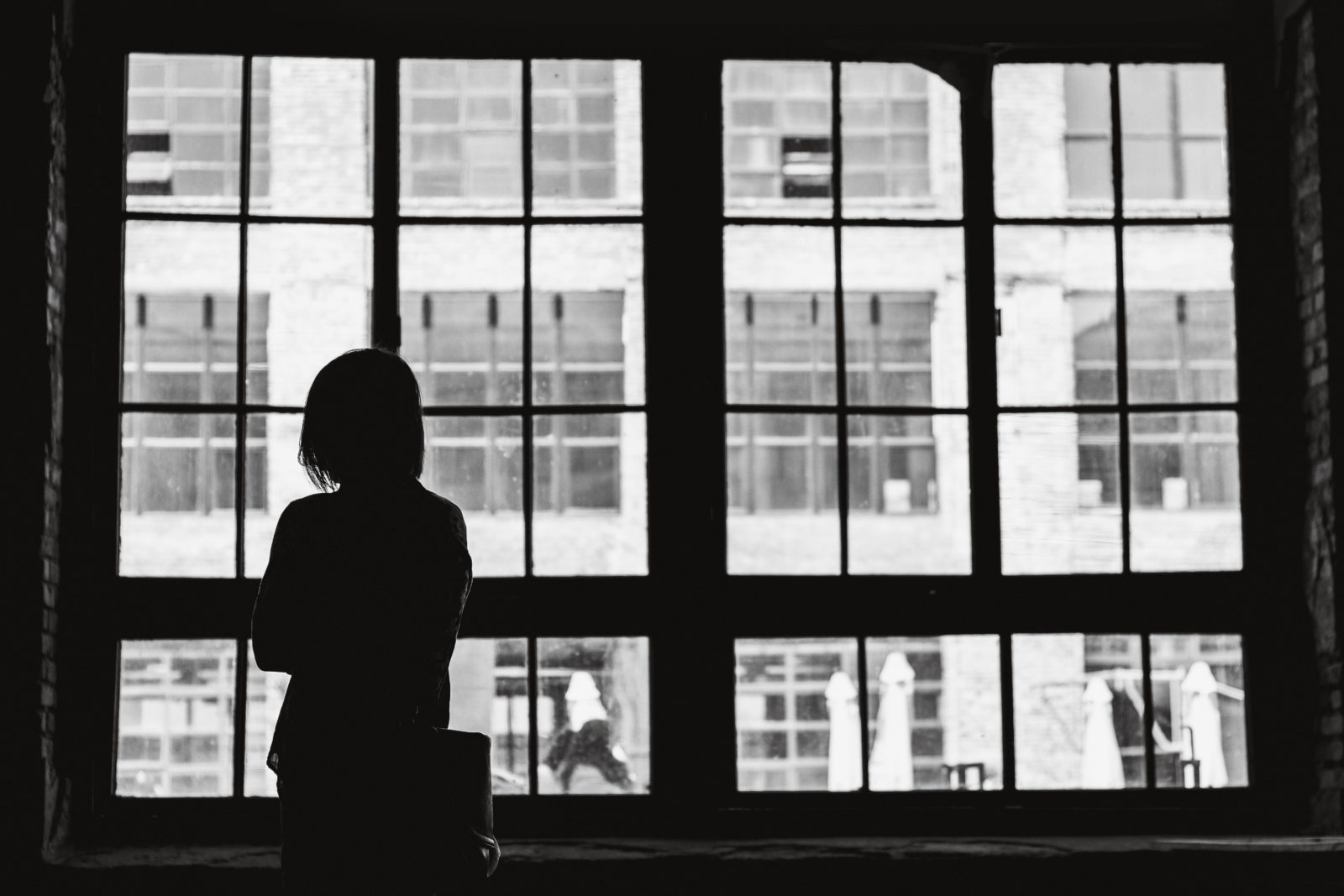The most embarrassing thing I ever did was something only my husband saw.
The specifics aren’t terribly important. I’ll totally leave you to guess what might qualify as the “most embarrassing thing” ever to me. It probably doesn’t even rank on most people’s top 5 most embarrassing moments. Well, no, it probably would. It was really embarrassing.
So, needless to say, I was mortified. All I could think was, How could that have just happened?!?
I was also immensely glad that only this man, whom I love and trust wholeheartedly, had seen it. But still, it weighed on me. And I was so tempted to just pretend it had never happened. But it had. And I knew, no matter how hard I pretended, I would hold a shame bubble there, and I would believe he thought less of me because of what I’d done.
So taking a breath, I laid it out. “That was really embarrassing,” I whispered next to him. And I waited, completely unprepared for what he was about to say.
He started to blow it off. “Oh, it wasn’t a big–” he said, and then he stopped. “I understand why you’d be embarrassed,” he said instead. “But you don’t have to be. It’s okay.”
Embarrassment is real and hard. We hate that we’ve been seen in such a compromised position. And we automatically assume that anyone watching will think less of us. Much less of us, because of this “thing.” And let’s face it, some people might.
So when we trip over a crack in the sidewalk and nearly (or actually) fall down, we recover, look around to see if anyone else saw, and then go on like nothing happened. Because we’ve been told to just let it go. Brush it off. Pretend it never happened.
But that is exactly what you should NOT do, when dealing with a moment of embarrassment. Here’s a better plan:
If you’re the embarrassed one
- Admit it. Say out loud whatever just happened. “OMG, I tripped over nothing!” Even if you aren’t walking with anyone and you can’t tell if anyone saw it, say it out loud anyway. Shame and embarrassment feed on silence and shadow. Don’t give any. We have to admit it or it will hold sway over us.
- Don’t hide. A moment of embarrassment can cling to us, can change our behavior. Maybe we don’t walk down that hallway anymore. Or we dread a class or seeing that lady at church. Maybe we stop eating a certain food or wearing a certain shirt. And we hardly even remember why we order a different food and donate that shirt to Goodwill. Except really, we’re hiding. Embarrassment wants us to cower, to live in fear of a moment from our past repeating itself. But we can’t. We have to stop hiding from it. Wear the shirt again. Order the food you once got stuck in your teeth. Don’t hide.
- Let it go. Only after you’ve admitted and stopped hiding can you brush it off. Not before. And the sooner you do the first two, the faster and easier the last step will come. You may not be able to just laugh about, even years later, but it won’t hold any power over you either, and that’s the important thing.
If you see an embarrassing moment
- React with care. Embarrassed people have heightened senses. If you laugh before they’re ready, it’ll silence them. If you ignore it, they won’t know how to admit it to you. Even if you’re totally grossed out, keep that hidden as best you can. Whenever possible, try to give them a moment to gauge their own response before you join in. (And this may be hard, even impossible, I realize … just do your best.)
- Remind them they are seen. Not that they are normal. Not that you did something similar. That’s blowing it off, and they aren’t ready to let it go yet. They need to know that they are seen. That was the brilliance of my husband’s response. He acknowledged me: “I understand why you’d be embarrassed.” He basically said: That was real. That really happened. But I will not hold it over you. And that was vital because that’s what embarrassment is really about: a fear that someone will see us in a low, fragile place and walk away. Or worse, use it against us. If you want to help heal another person’s embarrassment, speak against that fear. “I will not leave you. I will not use this to further embarrass you. You are safe with me.”
Embarrassment is a difficult experience, but it can be handled with grace and kindness. It is part of life, but we can equip ourselves, our children, even our culture to deal with it in positive and freeing ways. It isn’t easy, but I can tell you from personal experience, it’s totally worth it.



